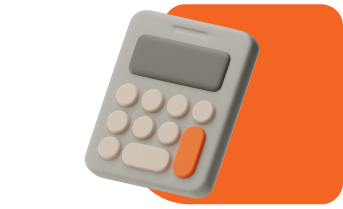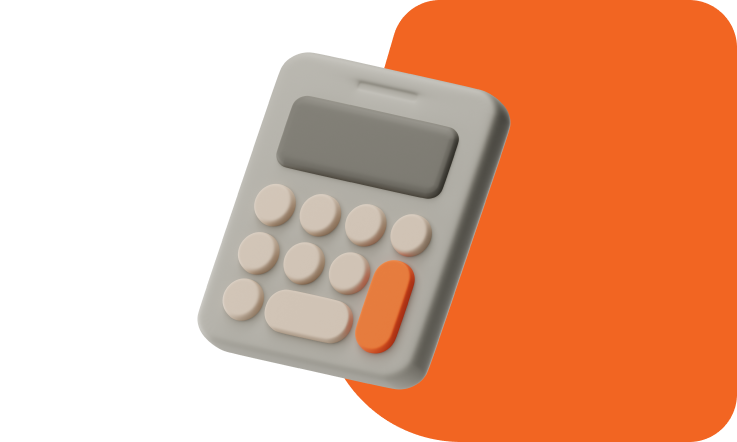Why should you plan your retirement?
- Answer
-
Retirement planning can ensure financial independence during your golden years. It can help you manage expenses, maintain your lifestyle, and prepare for unforeseen medical emergencies. A retirement planning calculator can help you estimate how much you need to save and invest systematically. Without planning, you may risk outliving your savings or compromising your quality of life. Early planning can offer the advantage of compounding, making it easier to achieve financial goals.
































